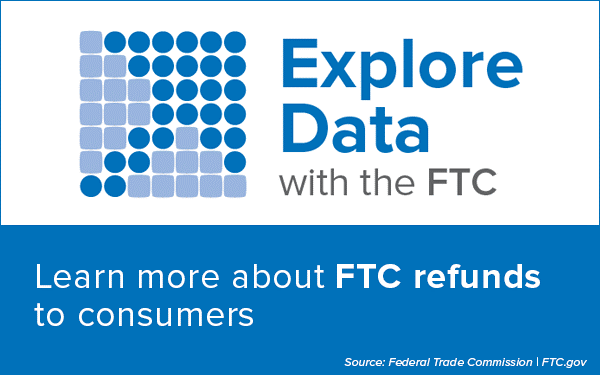 The Federal Trade Commission is returning an additional $25 million to consumers who lost money to a business coaching scheme that used the names Coaching Department and Apply Knowledge, among others. These refunds are the result of the FTC’s settlements with the scheme’s ringleaders, the companies through which the scheme operated, and a payment processor who helped facilitate the scheme.
The Federal Trade Commission is returning an additional $25 million to consumers who lost money to a business coaching scheme that used the names Coaching Department and Apply Knowledge, among others. These refunds are the result of the FTC’s settlements with the scheme’s ringleaders, the companies through which the scheme operated, and a payment processor who helped facilitate the scheme.
According to the FTC, the defendants conned millions of dollars from consumers by falsely telling them they could earn thousands of dollars a month by purchasing their business coaching services and establishing an Internet business. The complaint alleges that consumers who bought into the scheme lost thousands—sometimes tens of thousands—of dollars each, most of it by racking up huge credit card debt at the defendants’ urging.
The funds for this distribution come from the FTC’s case against First Data Merchant Services, LLC (First Data), one of several companies that processed credit card payments for the defendants in this case. According to the FTC, First Data allegedly ignored repeated warnings from employees, banks, and others that they were processing payments for companies that were breaking the law. First Data agreed to pay $40 million to settle the FTC’s charges, which has also been used to provide refunds to consumers in the FTC’s cases against Lift International and E.M. Systems and Services.
In this distribution, 10,749 consumers will receive checks from the FTC totaling more than $25.6 million. Prior refund distributions in this case totaled more than $2 million.
People who receive checks should deposit or cash them within 90 days, as indicated on the check. Recipients who have questions about their checks should call the refund administrator, Analytics, LLC, at 844-982-1005. The FTC never requires people to pay money or provide account information to cash a refund check.
The Federal Trade Commission works to promote competition and to protect and educate consumers. The FTC will never demand money, make threats, tell you to transfer money, or promise you a prize. You can learn more about consumer topics and report scams, fraud, and bad business practices online at ReportFraud.ftc.gov. Like the FTC on Facebook, follow us on Twitter, get consumer alerts, read our blogs, and subscribe to press releases for the latest FTC news and resources.
